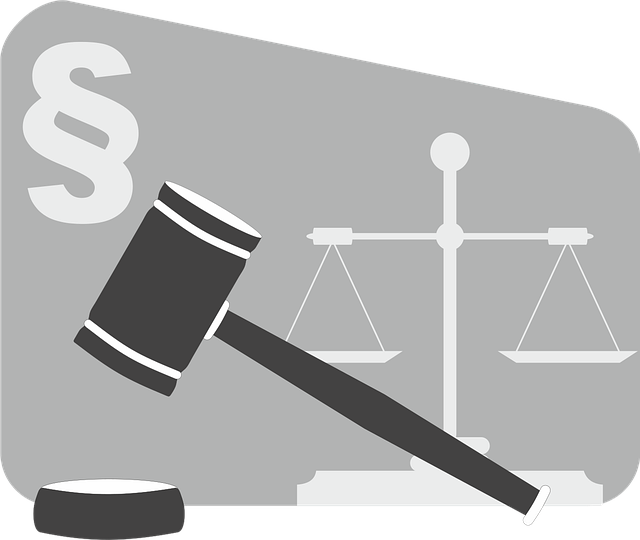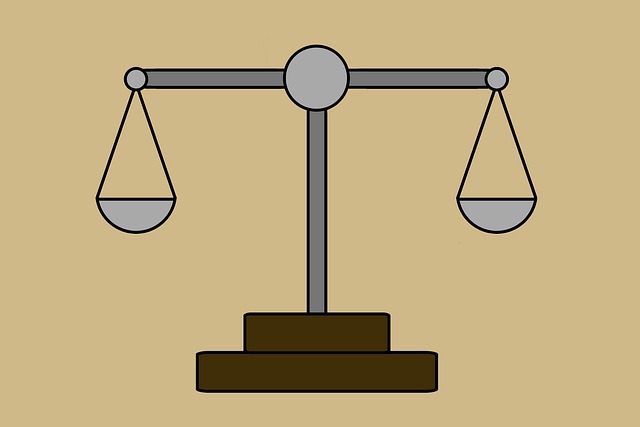Securities class actions aggregate individual investor claims against companies or individuals for fraud or misconduct, seeking collective redress and accountability. Common causes of partnership disagreements include financial reporting discrepancies, deceptive practices, misaligned strategies, lack of transparency, and differing risk appetites. The legal framework involves laws like the Securities Exchange Act of 1934, with lead plaintiffs, specialized lawyers, and severe consequences for defendants. Effective conflict management is crucial in high-stakes litigation, balancing investor rights and fair business practices. Strategic legal management, early case assessment, and Alternative Dispute Resolution (ADR) enhance efficiency and resolution. Notable cases reveal insights into corporate misconduct's effects, underscoring the importance of robust internal controls, compliance programs, and proactive white-collar defense strategies to prevent partnership disagreements related to securities violations.
“Unraveling the Complex World of Securities Class Actions: A Comprehensive Guide. This article offers a detailed exploration of securities class actions, delving into their mechanisms and impact on financial markets. We examine the common threads woven into partnership disagreements, revealing the intricate legal landscape and key participants in these high-stakes suits. Discover strategic insights for efficient case management and resolution, while reflecting on notable cases that have left an indelible mark, shedding light on both triumph and cautionary tales within this dynamic domain.”
- Understanding Securities Class Actions: An Overview
- Common Causes of Partnership Disagreements in Financial Markets
- Legal Framework and Key Players Involved in Class Action Suits
- Strategies for Effective Case Management and Resolution
- Impact and Lessons Learned from Notable Securities Class Action Cases
Understanding Securities Class Actions: An Overview
Securities class actions are legal battles initiated by investors who share a common investment experience—often involving significant losses. These cases aggregate individual investor claims into a single lawsuit, allowing for collective redress against entities responsible for securities fraud or misconduct. Understanding securities class actions requires grasping their fundamental purpose: to hold companies and individuals accountable for misleading investments that result in economic harm.
Common causes of partnership disagreements within these legal frameworks include fraudulent financial reporting, material misstatements, and violations of fiduciary duties. Such disputes often revolve around white-collar and economic crimes, where executives or companies manipulate financial data to influence market sentiment and bolster their own interests. Investors may seek complete dismissal of all charges against the defendants or, alternatively, damages to recover their losses and avoid indictment for lesser offenses.
Common Causes of Partnership Disagreements in Financial Markets
Partnerships in financial markets, whether between firms or individuals, are complex endeavors that can be fraught with disagreements. The dynamic nature of the financial landscape, characterized by ever-changing regulations and market conditions, often serves as a fertile ground for disputes. Common Causes of Partnership Disagreements include misaligned investment strategies, where partners have differing visions for portfolio allocation or risk tolerance. This can lead to tensions, especially during periods of market volatility when quick decisions are required.
Another significant trigger is the lack of clear communication and transparency. Corporate and individual clients, as well as philanthropic and political communities, expect open dialogue and regular updates. When information flows are obstructed, misunderstandings proliferate, deepening rifts. Moreover, conflicts can arise from differing risk appetites, where one partner seeks higher returns while the other prioritizes risk mitigation. These disparities demand delicate navigation to ensure partnerships remain productive and harmonious.
Legal Framework and Key Players Involved in Class Action Suits
The legal framework governing securities class actions is intricate, involving various laws and regulations designed to protect investors. In the United States, for instance, the Securities Exchange Act of 1934 established the framework for class action lawsuits, empowering investors to take collective action against entities violating securities laws. Key players in these suits include lead plaintiffs who initiate the litigation, often representing a large group of harmed investors, and class action lawyers specializing in complex cases. Additionally, defendants—which can be corporations or individuals—face significant legal repercussions, including potential fines, shareholder liability, and the risk of complete dismissal of all charges.
Common causes of partnership disagreements among these key players include disputes over leadership, strategic decisions, and financial allocation. Given the high-stakes nature of securities litigation, managing these internal conflicts is crucial for a successful outcome. Corporate and individual clients alike must navigate complex legal landscapes to avoid indictment and protect their interests, ensuring a balanced approach that respects investor rights while maintaining fair business practices.
Strategies for Effective Case Management and Resolution
Securities class actions often arise from common causes of partnership disagreements, such as mismanaged investments, fraudulent activities, or breaches of fiduciary duty. To effectively manage and resolve these cases, law firms and legal professionals must employ strategic approaches tailored to each unique situation. One key strategy is early case assessment, where lawyers thoroughly analyze the facts, identify potential weaknesses, and explore alternative dispute resolution (ADR) methods like mediation or arbitration.
This proactive approach can significantly enhance efficiency and reduce costs, especially in complex cases involving white-collar and economic crimes. By encouraging open communication between parties, ADR can lead to more mutually agreeable resolutions while maintaining the integrity of the investigation. Moreover, an unprecedented track record of successful resolutions across the country underscores the value of strategic case management, fostering a reputation for excellence and ensuring the best possible outcomes for clients.
Impact and Lessons Learned from Notable Securities Class Action Cases
Notable securities class action cases have left an indelible mark on the legal landscape, providing valuable insights into the impact of corporate misconduct. These high-profile suits often involve complex white collar and economic crimes, spanning all stages of the investigative and enforcement process. By examining these cases, key lessons emerge regarding common causes of partnership disagreements within corporations. Discrepancies in financial reporting, deceptive practices, and a lack of transparency have repeatedly been at the heart of these controversies.
The consequences of such actions include severe financial penalties, reputational damage, and structural changes to corporate governance. These cases also highlight the importance of robust internal controls, effective compliance programs, and proactive white collar defense strategies. The lessons learned serve as a reminder that preventing partnership disagreements related to securities violations is far more effective and less costly than addressing them through litigation.
Securities class actions, driven by understanding partnership disagreements in financial markets, have evolved significantly through legal frameworks and strategic case management. By examining notable cases, we’ve gleaned valuable lessons on resolution and impact. The common causes of these disputes underscore the importance of robust regulatory measures and transparent practices within financial markets. As these cases continue to shape legal landscapes, effective strategies for managing class actions remain paramount, ensuring fairness and justice for all involved parties.






